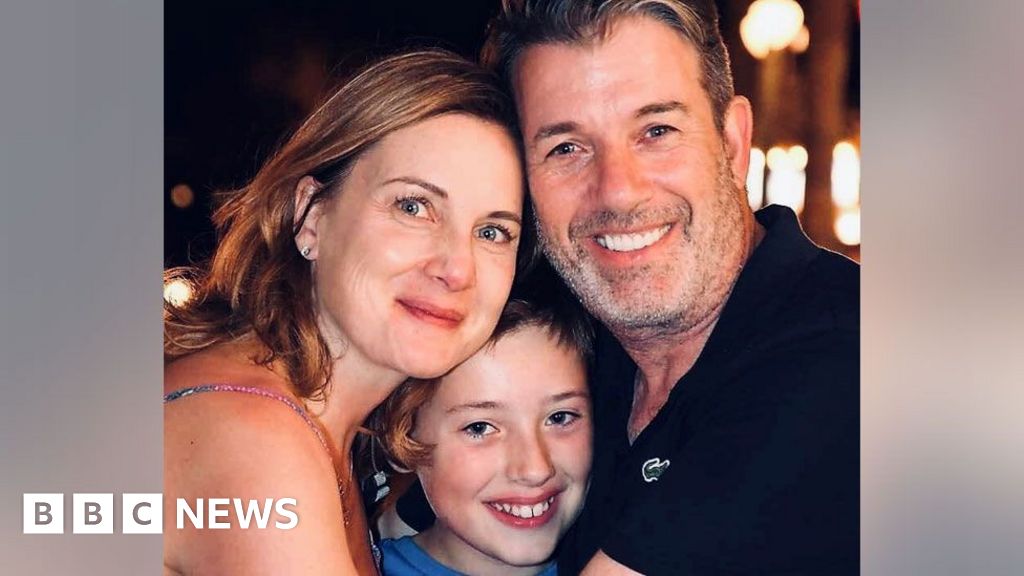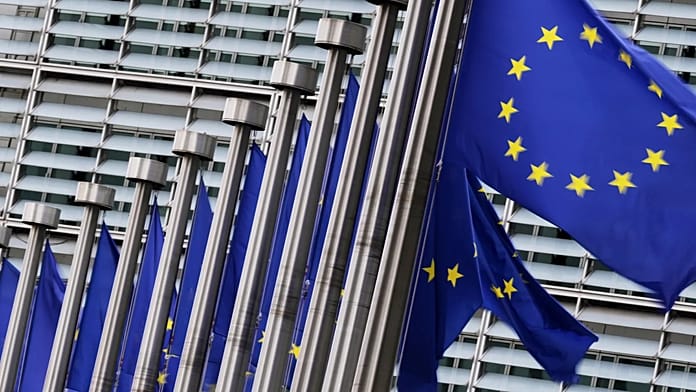Octopus Energy explains how £40 electric blanket could save you £300 on energy bills
Octopus Energy is encouraging members of the public to look into whether they could benefit from an electric blanket during the winter months.They said investing in one of these products could be a “vastly more cost-effective” way to keep warm during the colder season.The energy supplier’s analysis of customers who have an electric blanket found they saved up to 10 to 20 per cent on energy bills on average in the winter after getting the blanket, working out at a saving of £300 per year.According to Octopus Energy calculations, heating a whole home costs around £4 a day, whereas an energy-efficient electric blanket can heat someone for just two to four pence an hour.The energy supplier gave out 10,000 free electric blankets last year, trying to prioritise reaching as many vulnerable homes as possible.Octopus Energy suggests using these electric blankets as a throw over one's body during the day, rather than as a mattress topper.They urged those who can afford to pay for a blanket to consider buying one instead, so the support could be targeted to people such as the elderly, or those with mobility issues or other health conditions.Writing on their blog, the firm said: “These blankets start at around £40 and can save you £300 or more, so they're really worth the investment. “If you can consider buying one yourself, please do – there might be someone else out there who truly can't afford to buy one.”People who use electric blankets should check out Fire Brigade guidance regarding how to use one safely, and warns to prevent mould, it's recommended to keep homes 15 degrees Celsius or warmer.The new Ofgem energy price cap came into effect this month, falling from £1,976 to £1,834 a year for a typical household who uses gas and electricity and pays by Direct Debit.However, Britons are being warned that despite typical households paying no more than £2,500 last winter under the energy price guarantee, many will find they pay similar to or more for their energy bills this winter compared to last.This is due to government support schemes, such as the £400 energy discount known as the Energy Bills Support Scheme, have come to an end.Ofgem’s chief executive Jonathan Brearley told MPs said there is "some positive news" as the market is more "stable".LATEST DEVELOPMENTS:Ofgem considers energy price cap hike to help prevent suppliers from going bustLow income Britons may be eligible for £150 energy bills discount this winterBritish Gas customers struggling with energy bills could get up to £1,500"It is less volatile and prices are lower than this time last year," he said. “This time last year, we were anticipating and seeing prices at around £4,200 a year without Government support.Mr Brearley explained the Government stepped in to provide tens of billions of pounds of support to customers last year, but this won't be available again this winter.He said: “But there is a reality for customers this year: That support is not available. So, for many people, their bills will be very similar this year, and possibly worse for some, than they were last year.”
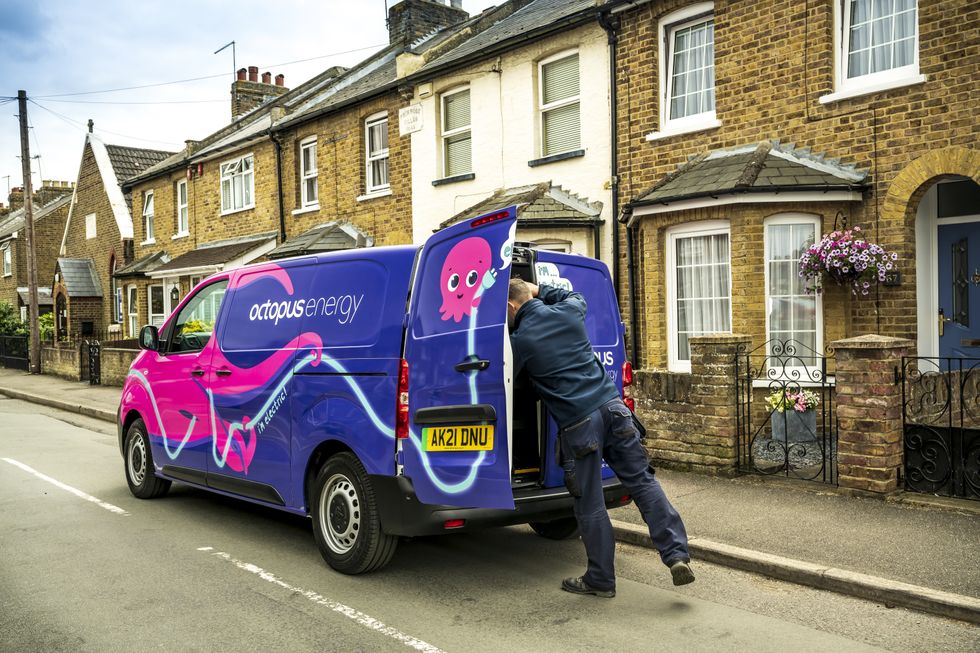
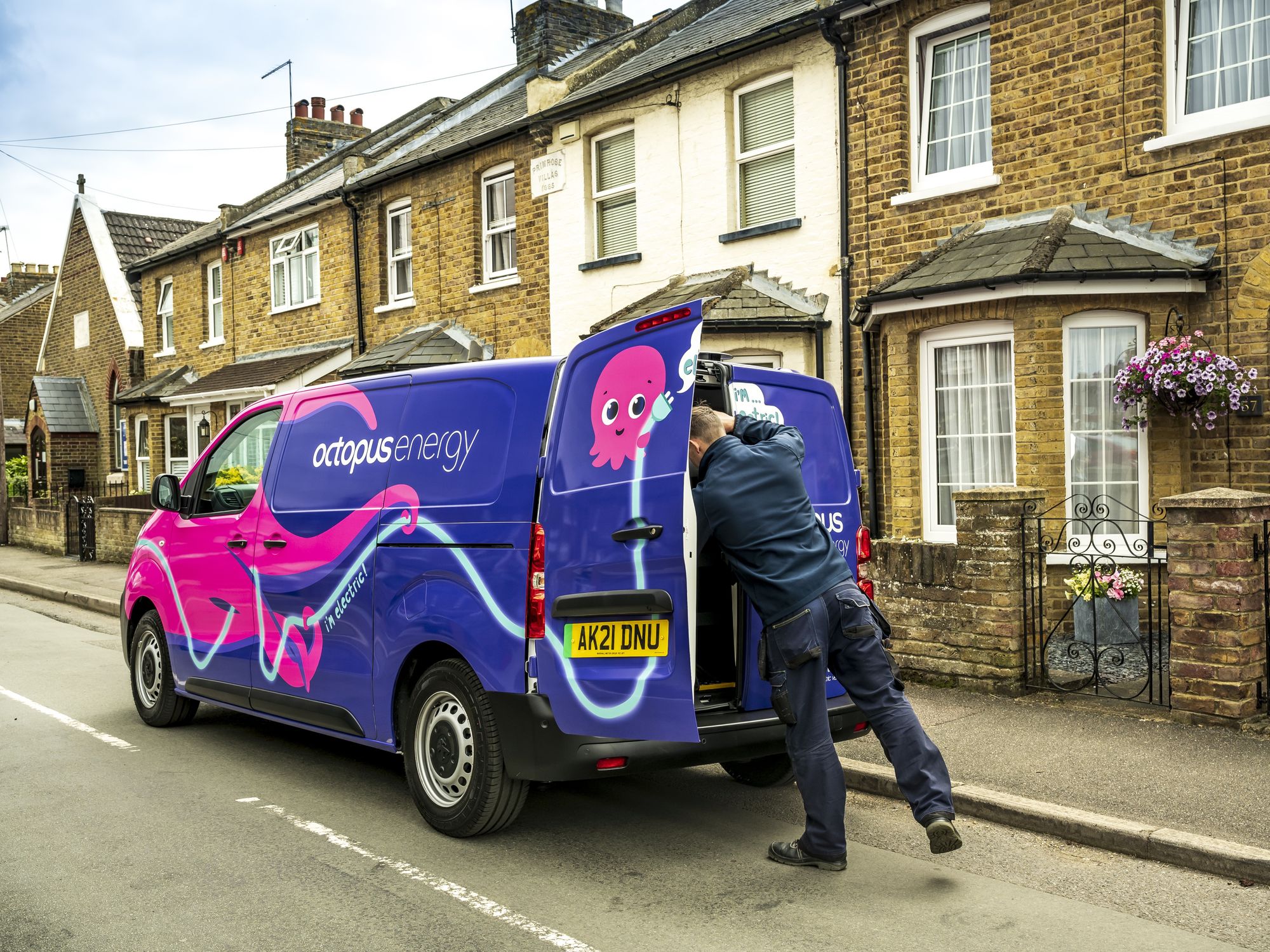
Octopus Energy is encouraging members of the public to look into whether they could benefit from an electric blanket during the winter months.
They said investing in one of these products could be a “vastly more cost-effective” way to keep warm during the colder season.
The energy supplier’s analysis of customers who have an electric blanket found they saved up to 10 to 20 per cent on energy bills on average in the winter after getting the blanket, working out at a saving of £300 per year.
According to Octopus Energy calculations, heating a whole home costs around £4 a day, whereas an energy-efficient electric blanket can heat someone for just two to four pence an hour.
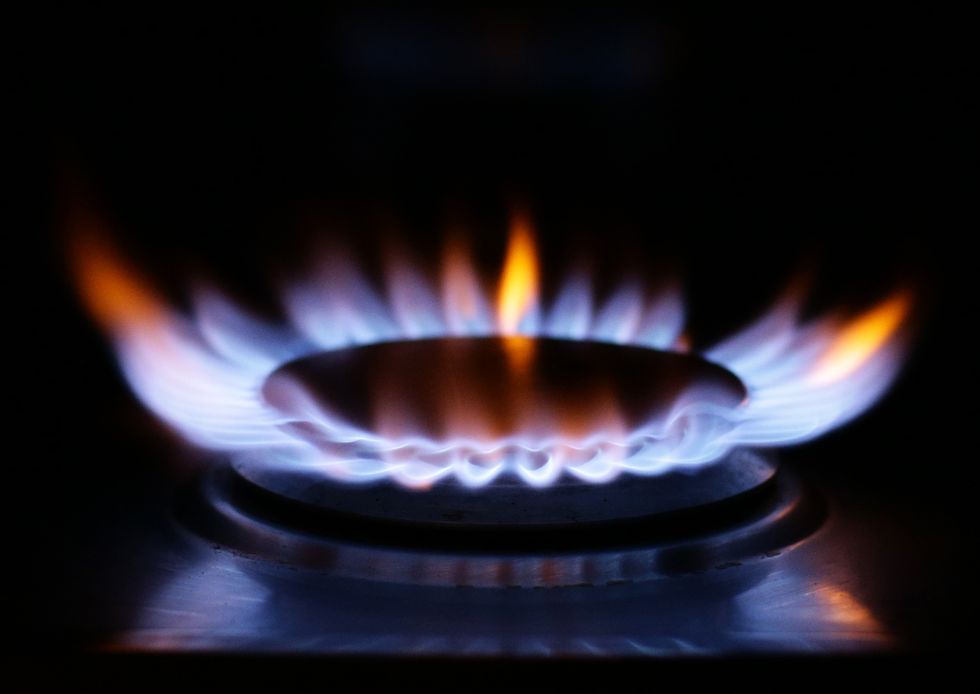
The energy supplier gave out 10,000 free electric blankets last year, trying to prioritise reaching as many vulnerable homes as possible.
Octopus Energy suggests using these electric blankets as a throw over one's body during the day, rather than as a mattress topper.
They urged those who can afford to pay for a blanket to consider buying one instead, so the support could be targeted to people such as the elderly, or those with mobility issues or other health conditions.
Writing on their blog, the firm said: “These blankets start at around £40 and can save you £300 or more, so they're really worth the investment.
“If you can consider buying one yourself, please do – there might be someone else out there who truly can't afford to buy one.”
People who use electric blankets should check out Fire Brigade guidance regarding how to use one safely, and warns to prevent mould, it's recommended to keep homes 15 degrees Celsius or warmer.
The new Ofgem energy price cap came into effect this month, falling from £1,976 to £1,834 a year for a typical household who uses gas and electricity and pays by Direct Debit.
However, Britons are being warned that despite typical households paying no more than £2,500 last winter under the energy price guarantee, many will find they pay similar to or more for their energy bills this winter compared to last.
This is due to government support schemes, such as the £400 energy discount known as the Energy Bills Support Scheme, have come to an end.
Ofgem’s chief executive Jonathan Brearley told MPs said there is "some positive news" as the market is more "stable".
LATEST DEVELOPMENTS:
- Ofgem considers energy price cap hike to help prevent suppliers from going bust
- Low income Britons may be eligible for £150 energy bills discount this winter
- British Gas customers struggling with energy bills could get up to £1,500

"It is less volatile and prices are lower than this time last year," he said.
“This time last year, we were anticipating and seeing prices at around £4,200 a year without Government support.
Mr Brearley explained the Government stepped in to provide tens of billions of pounds of support to customers last year, but this won't be available again this winter.
He said: “But there is a reality for customers this year: That support is not available. So, for many people, their bills will be very similar this year, and possibly worse for some, than they were last year.”





























